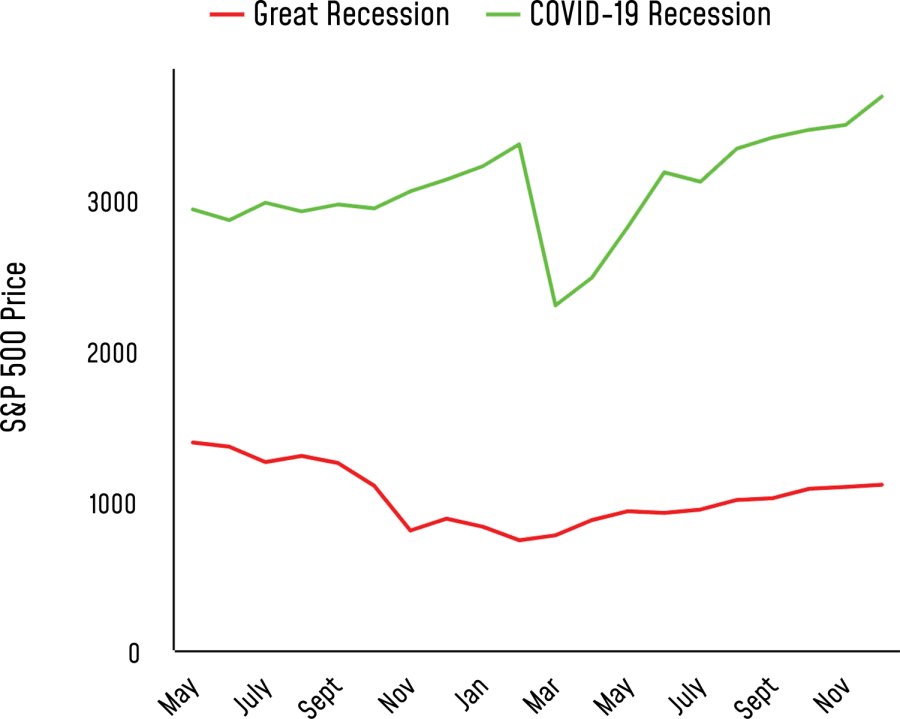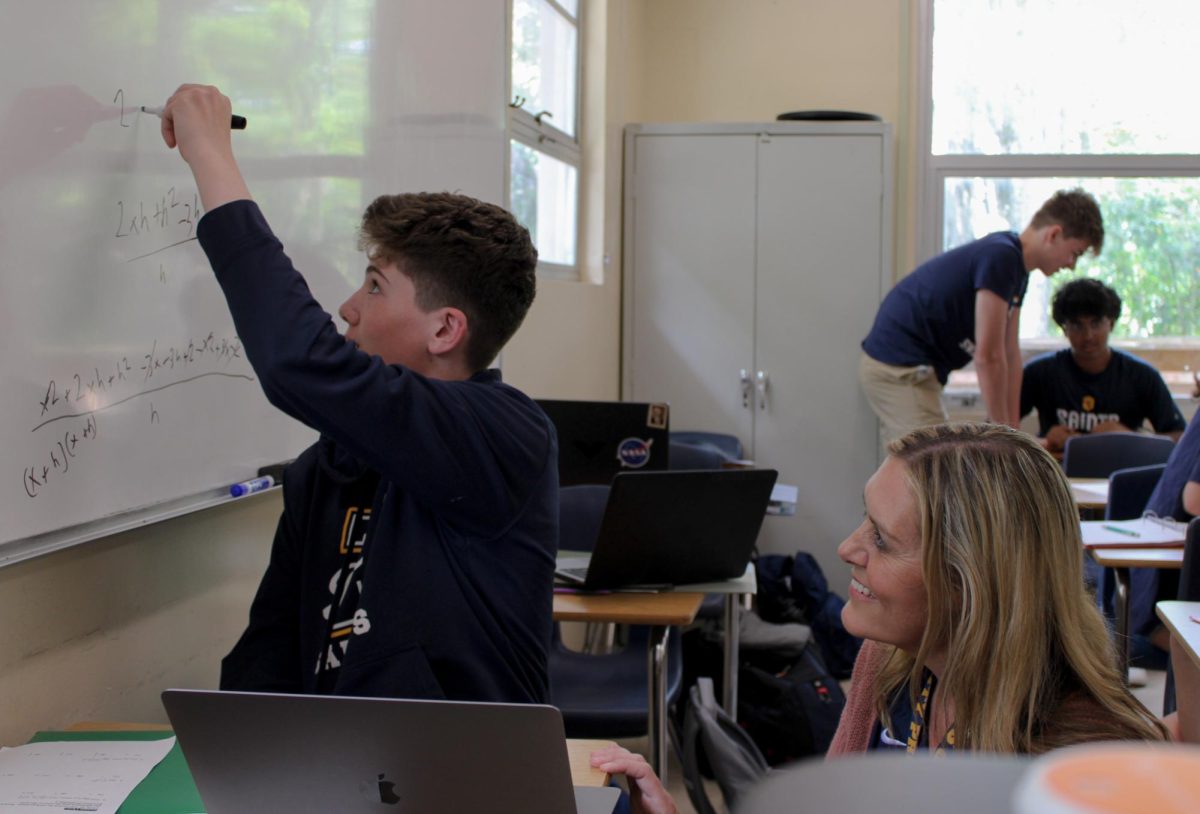When Senior Rom Peles purchased stocks of a company, he knew that he was taking a huge gamble with his money. If the company performed poorly, he could lose large portions of his money, but if it did well, he could make huge profits. So when his stock more than doubled in value overnight, his investment risk turned into a reward.
However, most students aren’t as knowledgeable about the stock market as Peles and don’t know what goes on behind the scenes. So, what exactly is the stock market, how does it impact the country, and does it truly reflect the state of the economy?
In the stock market, ownership of public companies is traded depending on the value of the company. These amounts are based off of factors such as reported earnings and the demand of the particular stock. These pieces of companies are constantly being bought and sold. Depending on when a person exchanges their stocks, they can make a profit or lose money, making it, as Peles likes to say, “a bit of a gamble.”
The stock market can often reflect the events of the world, but that isn’t always the case. In February, as fear of COVID-19 rose in the U.S., the stock market went down sharply in response. While this crash added even more difficulties to the economy, it was turned around as quickly as it started just over a month later, according to MarketWatch. Despite the multitude of hardships that happened to American families in 2020, the New York Stock Exchange stayed strong and ended the year on a positive note, seemingly unphased by the worsening state of COVID-19 in America.
AP Micro and Macro Economics teacher Kelly Aull said that stocks can sometimes disregard major events in the world. By doing this, they can continue to grow as if they were seeing increased profits, but they actually aren’t.
“What’s happening more often now is that company’s stock values have taken on kind of a life of their own,” Aull said.
There are many explanations as to why the market is doing so well despite the negative events happening in the world. New York Times Writer Jeff Sommer explains one of his ideas in his article titled, “The Markets’ Strange Disregard for the Chaos in Washington.”
“The pandemic is the main cause of global economic troubles, and it will eventually end,” Sommer said. “With vaccinations underway, Wall Street hopes that economic growth…will surge later this year.”
Aull gives a different angle to view the market’s quick pandemic recovery. She said that even though companies have laid off many of their employees from before COVID-19, they can still produce the same amount of profits.
“Especially in manufacturing and industries that are benefiting from an increase in technology… companies need fewer people to get the same work done,” Aull said.
The U.S. unemployment rate has risen exponentially since the pandemic. From March to April in 2020, the unemployment rate went up from 4.4% to almost 15%, according to the U.S. Bureau of Labor Statistics. This number has since went down to 6.7%, but it still hasn’t recovered back to its original rate.
Events that lower the stock market don’t always have to be seen as negative. Peles started investing in his sophomore year around the time of the U.S. and China trade war. This international event caused the economy and stock market to go down, but Peles saw this as a chance for him to profit off of the situation.
When Chinese stocks dropped 30-40% due to the trade war, he researched the companies affected and saw that their revenue wasn’t dropping, and there was nothing actually wrong with the company.
“I thought the market might have overreacted, so I invested,” Peles said. “Eventually they went back up 30-40%.”
With the stock market’s highly positive performance masking the negative state of other events occuring in the country such as COVID-19 deaths, increased unemployment rates and the recent riots at the capitol, experts are divided on how to feel about the future of the market and economy.
According to New York Times Conrad de Aenlle, many investors expect that this year could produce even higher stock values. Vaccines helping people return to normal again fuels business growth and the economy, therefore promoting the stock market. Conversely, some investors are concerned that the stock market is only protected by a “bubble” from the outside world, and it could eventually “pop” and cause massive losses in the economy.
The stock market and economy are both places of uncertainty and volatility. Although they are often predictable by following major events in the news, it isn’t always the case. Peles recommends to reflect back on losses and keep analyzing your decisions in the market to continue improving upon your investment skills.
“The more you invest, the more likely you are to make money,” Peles said. “[The stock market] rewards a lot of time, research and intuition.”
















